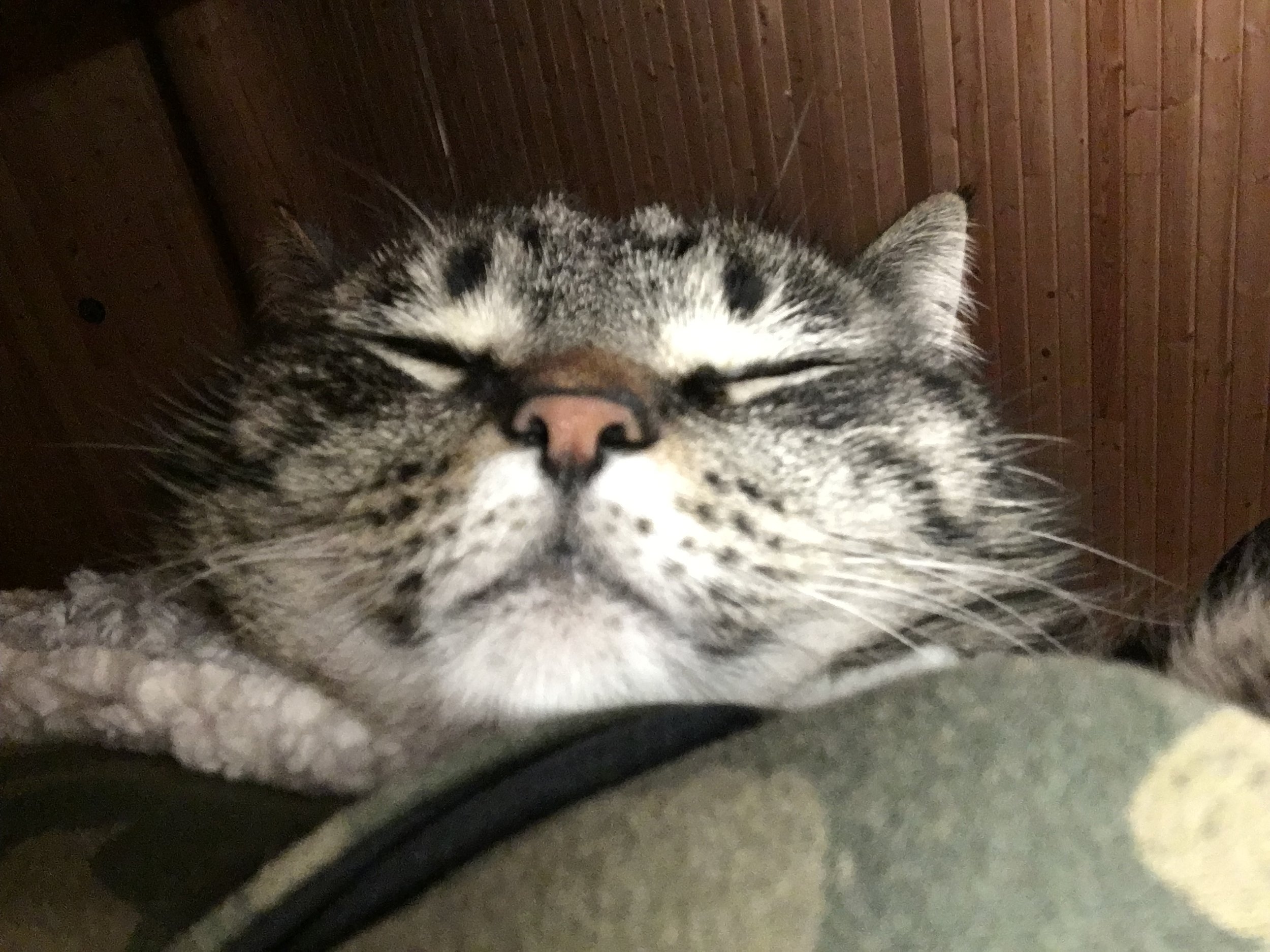Extreme homeopathic dilutions retain starting materials: A nanoparticulate perspective.
/Homeopathy. 2010 Oct;99(4):231-42.Extreme homeopathic dilutions retain starting materials: A nanoparticulate perspective.
Chikramane PS, Suresh AK, Bellare JR, Kane SG. Department of Chemical Engineering, Indian Institute of Technology, Bombay, Adi Shankaracharya Marg, Powai, Mumbai, Maharashtra, India.
Comment in:
Homeopathy. 2010 Oct;99(4):229-30. Abstract Homeopathy is controversial because medicines in high potencies such as 30c and 200c involve huge dilution factors (10⁶⁰ and 10⁴⁰⁰ respectively) which are many orders of magnitude greater than Avogadro's number, so that theoretically there should be no measurable remnants of the starting materials. No hypothesis which predicts the retention of properties of starting materials has been proposed nor has any physical entity been shown to exist in these high potency medicines. Using market samples of metal-derived medicines from reputable manufacturers, we have demonstrated for the first time by Transmission Electron Microscopy (TEM), electron diffraction and chemical analysis by Inductively Coupled Plasma-Atomic Emission Spectroscopy (ICP-AES), the presence of physical entities in these extreme dilutions, in the form of nanoparticles of the starting metals and their aggregates.
Copyright © 2010 The Faculty of Homeopathy. Published by Elsevier Ltd. All rights reserved.
Read more: http://www.cbc.ca/consumer/story/2011/01/14/f-homeopathy-naturopathic-marketplace.html#socialcomments#ixzz1B8T9HgtE




